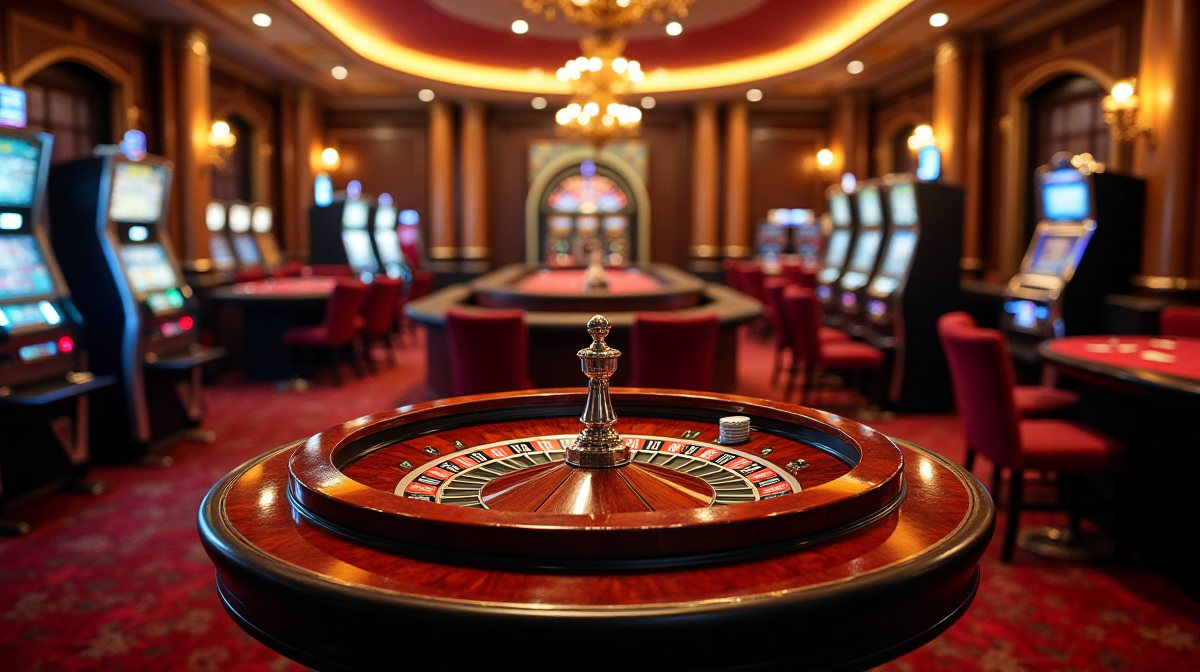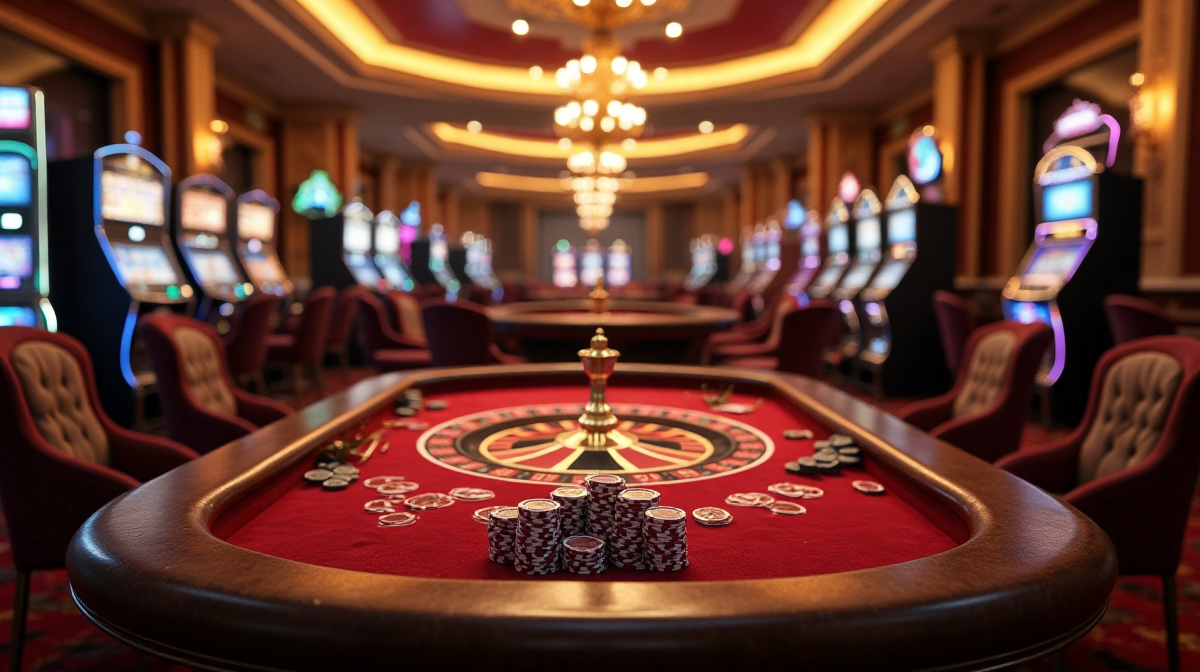Chess Puzzles to Boost Your Game Now!
Introduction: Why Chess Puzzles Are Essential
The Power of Puzzle Solving in Chess Improvement
Chess puzzles are a cornerstone of improvement for players of all levels. They offer a concentrated dose of tactical and strategic challenges, forcing you to actively engage with the board and calculate variations. Regularly solving puzzles isn’t just about finding the right answer; it's about training your brain to recognize patterns, assess positions, and develop a strong sense of calculation. Sometimes, a quick break focusing on something different like a fragrance can help clear your mind before diving back in - perhaps something from morning chess vilhelm parfumerie to invigorate your senses.
Beyond Calculation: Developing Intuition & Pattern Recognition
While calculation is crucial, the true power of chess puzzles lies in their ability to develop your intuition and pattern recognition. As you solve more puzzles, you begin to instinctively recognize common tactical motifs like forks, pins, and skewers. This allows you to quickly identify opportunities in your own games, without having to painstakingly calculate every variation. Even a glance at a position can trigger a potential line, saving valuable time during a tournament. If you're looking for a different kind of challenge, consider exploring the exciting world of vivaro casino for a mental break.
Who Can Benefit From Chess Puzzles?
The beauty of chess puzzles is their scalability. Beginners can start with simple mate-in-one puzzles to grasp basic checkmating patterns. Intermediate players can tackle more complex tactical combinations, while advanced players can refine their strategic understanding with positional puzzles. No matter your skill level, there's a puzzle out there to challenge and improve your game. Even taking a small detour to a site like vivaro am casino can sometimes offer a fresh perspective.
Understanding Different Types of Chess Puzzles
Tactical Puzzles: Forks, Pins, Skewers & Discovered Attacks
Tactical puzzles are the bread and butter of chess improvement. They typically involve immediate threats and combinations that lead to material gain or a decisive advantage. These puzzles focus on recognizing common tactical motifs like forks (attacking two pieces simultaneously), pins (restricting the movement of a piece), skewers (attacking a valuable piece behind a less valuable one), and discovered attacks (revealing an attack by moving a piece).
Strategic Puzzles: Positional Understanding & Long-Term Planning
Strategic puzzles delve deeper into positional understanding. They require you to evaluate long-term factors like pawn structure, piece activity, and control of key squares. Solving these puzzles develops your ability to formulate plans and make decisions based on sound strategic principles.
Endgame Puzzles: King & Pawn Endgames, Rook Endgames, etc.
Endgame puzzles are essential for mastering the final phase of the game. They focus on specific endgame techniques, such as king and pawn endgames, rook endgames, and queen endgames. These puzzles improve your calculation skills and your understanding of key endgame principles.
Mate-in-X Puzzles: Focusing on Checkmating Combinations
Mate-in-X puzzles challenge you to find the shortest possible checkmating combination. They sharpen your calculation skills and your ability to visualize variations. These puzzles are particularly helpful for improving your attacking prowess.
Defensive Puzzles: Resourcefulness and Threat Evaluation
Defensive puzzles test your ability to find resources in difficult positions. They require you to accurately evaluate threats and find creative ways to defend against attacks. Solving these puzzles develops your resilience and your ability to stay calm under pressure. Perhaps a little luck at vivaro casino вход could help prepare you for tense positions on the board!
Effective Puzzle Solving Techniques
The Importance of Slow, Deliberate Calculation
Rushing through puzzles is a recipe for disaster. Take your time, carefully analyze the position, and systematically evaluate potential moves. Avoid making hasty assumptions and focus on calculating variations accurately.
Visualizing Variations: Thinking Without Moving the Pieces
One of the most important skills in chess is the ability to visualize variations without physically moving the pieces. Practice this by mentally stepping through different lines and evaluating the consequences of each move.
Candidate Moves: Identifying Promising Lines
Don't waste time considering every possible move. Focus on identifying a small number of promising candidate moves that seem likely to lead to a favorable outcome.
Checking for Forced Moves
Always start by looking for forced moves – checks, captures, and threats. These moves often dictate the flow of the game and can lead to immediate tactical advantages.
Avoiding Blunders: Double-Checking Your Solution
Before confirming your solution, double-check your calculations to ensure you haven't overlooked any tactical flaws or blunders.
Top Resources for Chess Puzzles
Online Puzzle Platforms - Features & Comparisons
Numerous online platforms offer a vast library of chess puzzles. Chess.com and Lichess.org are popular choices, offering puzzles tailored to your skill level. Chesstempo.com is known for its spaced repetition learning system, which helps you reinforce your knowledge of tactical motifs.
Puzzle Books: Classic & Modern Recommendations
Puzzle books provide a tangible and focused learning experience. Classic options include works by Yasser Seirawan and Irving Chernev. Modern books often feature puzzles curated from recent games and tournaments.
Mobile Apps for Puzzle Training
Mobile apps allow you to practice puzzles on the go. Many apps offer features like spaced repetition, puzzle ratings, and performance tracking.
Puzzle Rush/Storm Modes: Speed & Accuracy
Puzzle Rush and Puzzle Storm modes challenge you to solve as many puzzles as possible within a time limit. These modes are great for improving your speed and accuracy.
Creating Your Own Puzzles – Using Game Analysis & Studying Master Games
Analyzing your own games and studying master games can reveal hidden tactical opportunities. Try to create puzzles from these positions to test your understanding and reinforce your learning. Taking a break to explore options like vivaro am casino might inspire creative problem solving.

Integrating Puzzles into Your Training Routine
Daily Puzzle Practice: Consistency is Key.
The key to improving your chess puzzle skills is consistency. Aim to solve a set number of puzzles every day, even if it's just for 15-20 minutes.
Puzzle Difficulty: How to Choose Appropriate Challenges
Choose puzzles that are challenging but not overwhelming. If you're consistently solving puzzles too easily, increase the difficulty level. If you're struggling to solve even a single puzzle, try a lower difficulty level.
Analyzing Incorrect Solutions: Learning From Your Mistakes
Don't just move on after solving a puzzle incorrectly. Take the time to analyze the solution and understand why your initial attempt failed. This is where the real learning happens.
Targeting Weaknesses: Focusing Puzzles on Specific Themes
Identify your weaknesses and focus your puzzle training on those areas. For example, if you struggle with rook endgames, solve more endgame puzzles.
Combining Puzzles with Other Training Methods
Chess puzzles are most effective when combined with other training methods, such as game analysis and opening study.
Advanced Puzzle Solving & Beyond
Recognizing Key Positional Themes in Puzzles
Advanced puzzles often involve subtle positional themes, such as weak squares, outposts, and passed pawns. Learn to recognize these themes and understand how they influence the evaluation of a position.
Understanding Prophylaxis: Preventing Opponent's Plans
Prophylaxis is the art of preventing your opponent's plans. Advanced puzzles often require you to anticipate your opponent's ideas and take steps to neutralize them.
Solving Complex Combinations: Multiple Variations & Deeper Calculation
Complex puzzles require you to calculate multiple variations and consider long-term consequences. This is where your calculation skills will be truly tested. Consider a moment of relaxation with vivaro casino to sharpen your focus.
The Connection Between Puzzles and Real Game Play
The ultimate goal of puzzle training is to improve your performance in real games. Focus on applying the principles you learn from puzzles to your own games.
Grandmaster Puzzle Secrets: Approaches to Complex Positions
Studying how grandmasters approach complex positions can provide valuable insights into advanced puzzle solving techniques.

Conclusion: Elevate Your Chess Game with Puzzles
Recap: The Benefits of Regular Puzzle Training
Regular chess puzzle training offers a multitude of benefits, including improved calculation skills, enhanced pattern recognition, and a deeper understanding of chess strategy. It's a powerful tool for players of all levels.
Final Thoughts: Making Puzzle Solving a Habit
The key to unlocking the benefits of chess puzzles is to make puzzle solving a habit. Dedicate a small amount of time each day to solving puzzles, and you'll be amazed at how quickly your game improves. Perhaps a little fun at vivaro casino вход will make the process even more enjoyable.
Resources for continued learning.
Chess.com, Lichess.org, Chesstempo.com, and numerous puzzle books offer a wealth of resources for continued learning and improvement.

